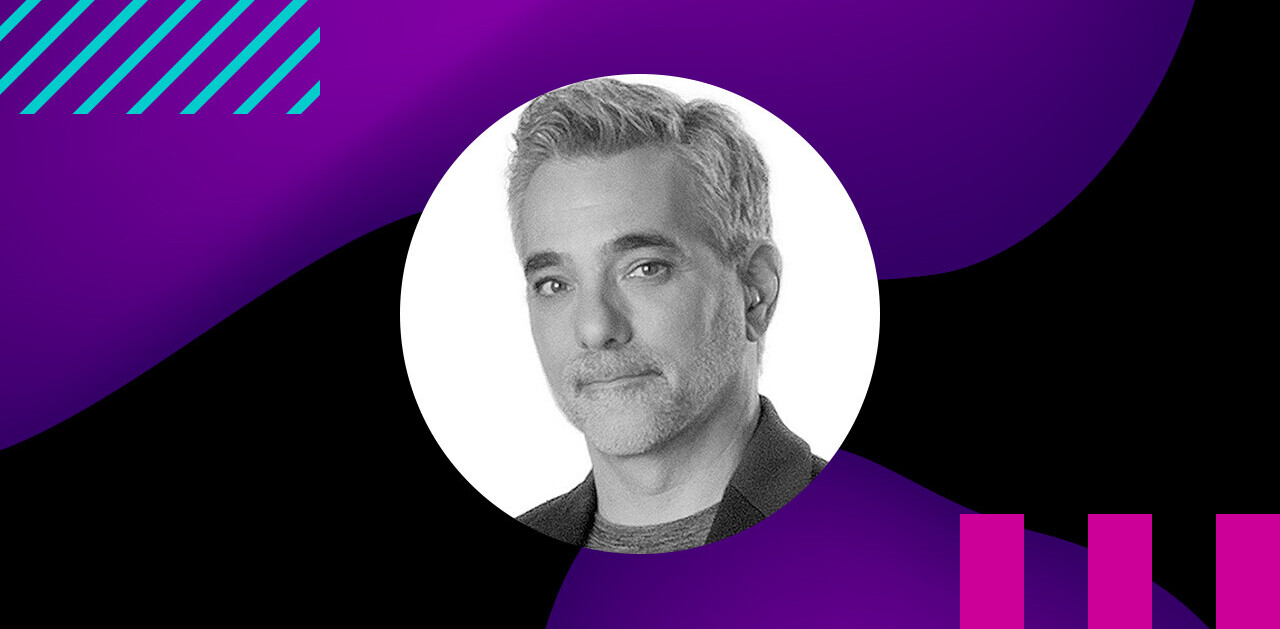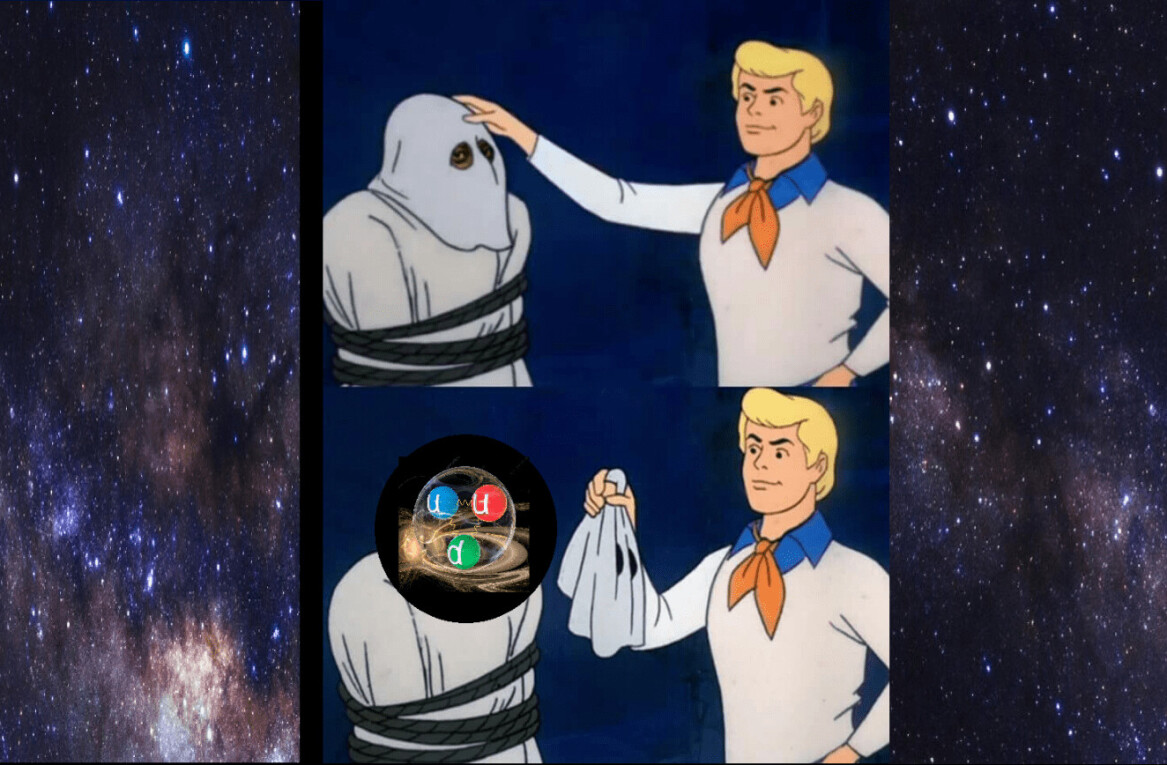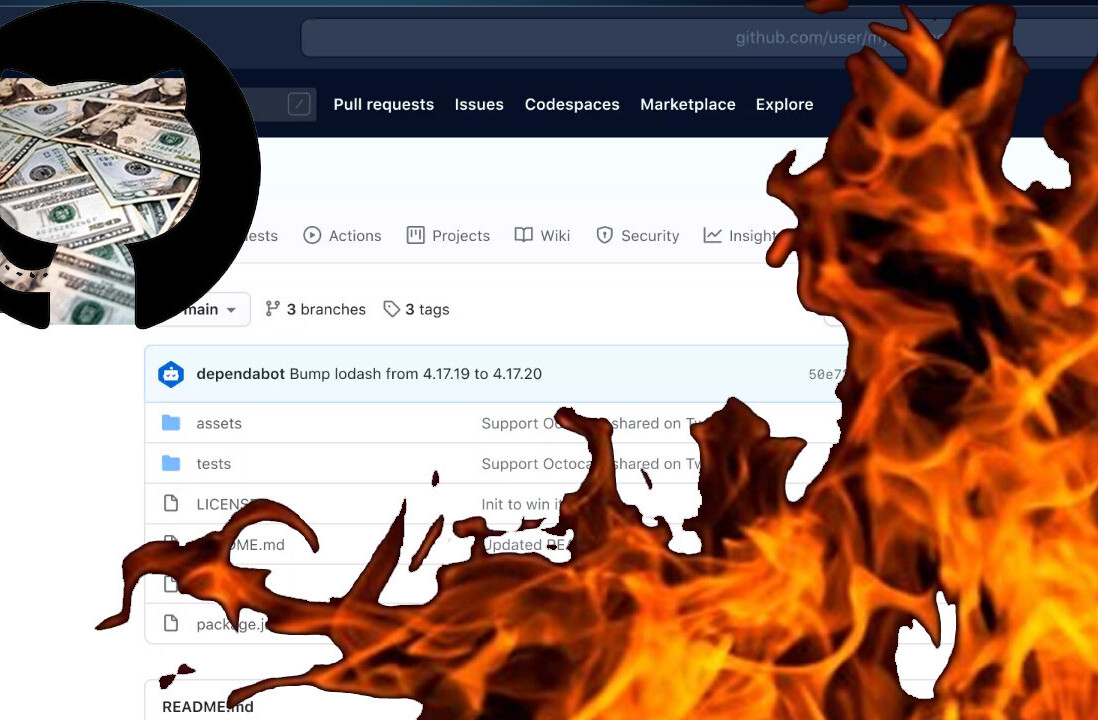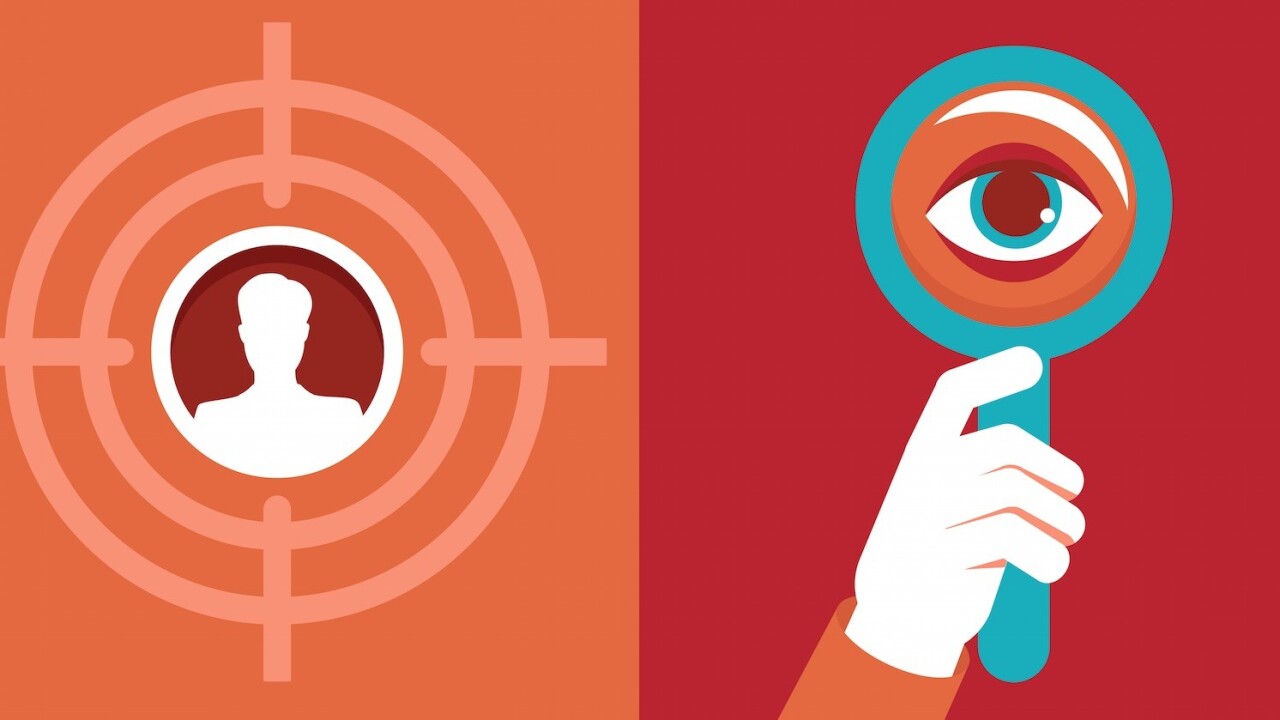
The newfound interest in privacy is similar to previous debates on the same topic. What causes outrage today is quelled tomorrow and then ultimately forgotten until something else stirs the waters.
In the 2000s we had Echelon and Carnivore, two covert programs used by government agencies to monitor communications.
Later, we had Julian Assange and Wikileaks helping to further the fight by bringing attention to similar programs.
More recently, it was Edward Snowden detailing the newest incarnations of government spy tools known as XKeyscore and PRISM.
Today, we have GCHQ fanning the flames, the NSA continuing its spying programs (only this time, with transparency) and politicians waxing poetic about the dangers of this newfound tool that facilitates terrorism, encryption.
As dangerous as the governments are, there is no bigger threat to online security than pissed off people who are equal parts outraged and apathetic.
This indifference surrounding cyber security manifests itself in many forms, but for me, none are more cringeworthy than “I have nothing to hide.” Eerily, “if you have nothing to hide, you have nothing to fear” has even become a sort of mantra for the 1984-esqe closed-circuit television monitoring of British citizens.

We all have something to hide.
The problem with the “nothing to hide” argument is: we’ve all got plenty to hide.
Just today, did you pick your nose? Change clothes? Have sex? Take a shower? Go to the bathroom? Sing off-key in the car on the way to work? Or, maybe you sent an email or text message, a racy photo on Snapchat, or said something inflammatory about your boss.
I bet, if pressed, you’d prefer that most, if not all, of these actions remained private.
And that’s okay.
Privacy is a key part of all our lives. But now that our lives are drifting into the online space, and more with each passing year, why the disconnect between offline and online privacy? The former is desired and expected, while the latter is lauded as wrong and sometimes even criminal.
Separating the desire for privacy from the desire to do something illegal is where it all starts. Too often the two are interwoven into a blanket statement that all those who desire privacy online are doing so out of the necessity to hide nefarious actions.
Arguing that only criminals desire privacy is a dangerous thought, as it’s suggesting that we are all worthy of suspicion.
In the courts, we’re innocent until proven guilty. Online, it’s quite the opposite.

What you’re up against
In the past, privacy was virtually assured due to just how difficult it was for law enforcement or government organizations to track people. Tracking Al Capone, for example was a multi-person job.
Today, government organizations can do it all with a few keystrokes.
And we make it easy for them.
Each of us, after all, are carrying a tracking device in our pocket that holds the key to some of our most sensitive information. Xkeyscore and PRISM are just two of the programs we know about that were collecting and storing this data.
Since, we’ve been made painfully aware of the dirt box and stingray, two tools used for bulk collection of cell phone data, both of which are available — and often used without a warrant — by local (municipal) law enforcement agencies.
In addition we have cell phone providers giving out ping records for real time customer location data, militarized police forces with outlandish budgets for license plate scanners, facial recognition technology, drone surveillance and an insane amount of processing power to run the data.
Oh, and then there’s the issue of government. If we hadn’t made it easy enough already, leaders now want tech giants like Apple and Google to weaken encryption, or provide backdoors for easy government access.
Then we have non-law enforcement tracking.
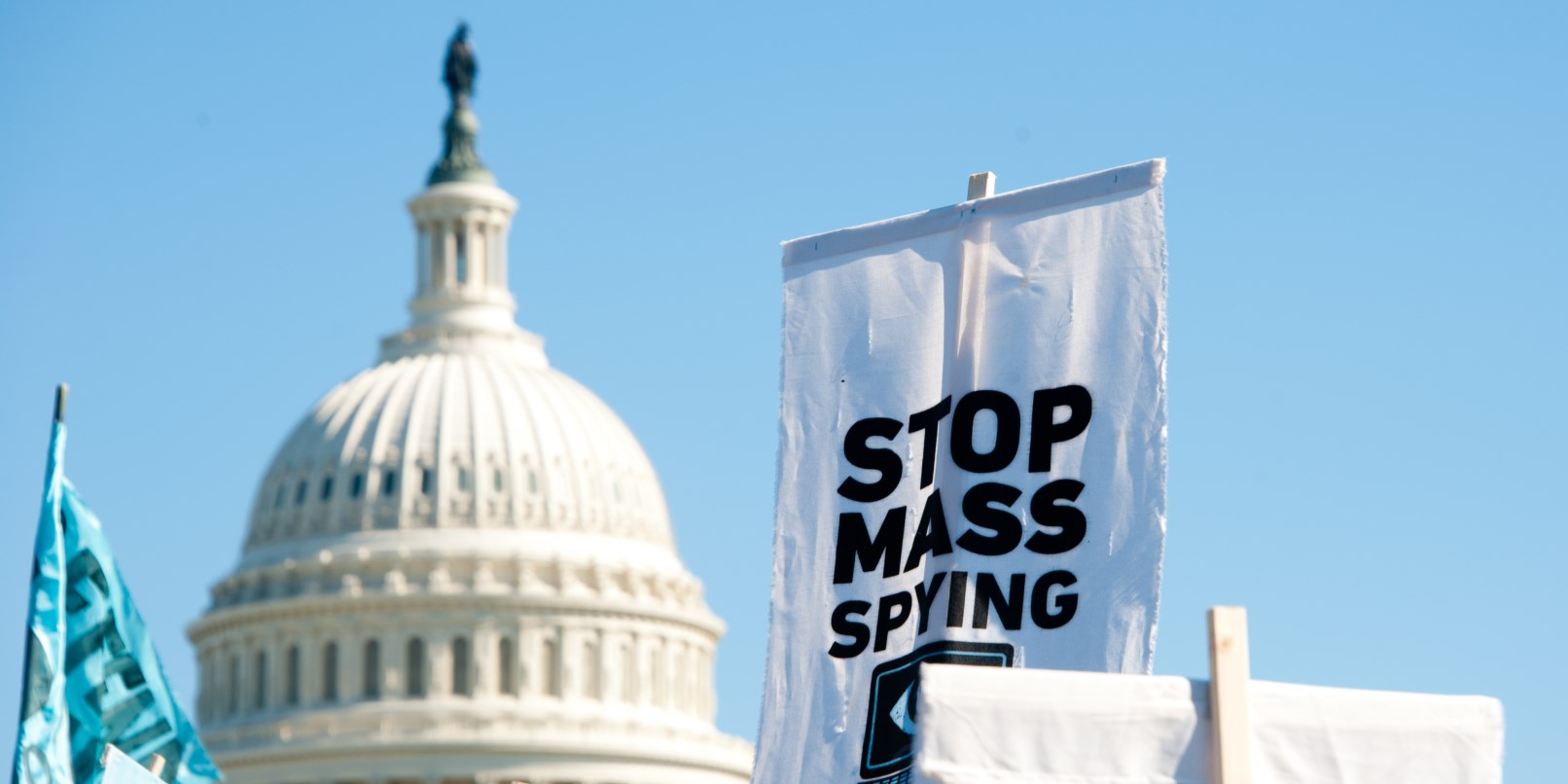
Websites use tracking cookies to monitor behavior and increase the likelihood you buy by showing ads relevant to your interests, in addition to storing your location, and other identifying information in order to create a sort of online fingerprint unique to you.
Facebook, Apple and Google collect enough data to make your head spin. As the old adage goes, “if you’re not paying for the product, you are the product.” In this case, your data is the product and the services you use every day are collecting an obscene amount of it.
Hold tight, we’re not even close to being done.
From there we have websites leaking personal information in situations that were thought to be private, like Ashley Madison. We have Uber leaking driver information, Target hacked for credit card data and even VTech essentially handing over the home address of your children.
In a world that obviously values privacy, yet distrusts anyone seeking it, we’ve let ignorance lead the narrative rather than seeking truth in just what it is we’re giving up for the sake of convenience.
And the “nothing to hide” people? Edward Snowden may have said it best:
Arguing that you don’t care about the right to privacy because you have nothing to hide is no different than saying you don’t care about free speech because you have nothing to say.
Read next: Watch: The end of privacy – ‘If you’ve got nothing to hide, you’ve got nothing to live for’
Get the TNW newsletter
Get the most important tech news in your inbox each week.

